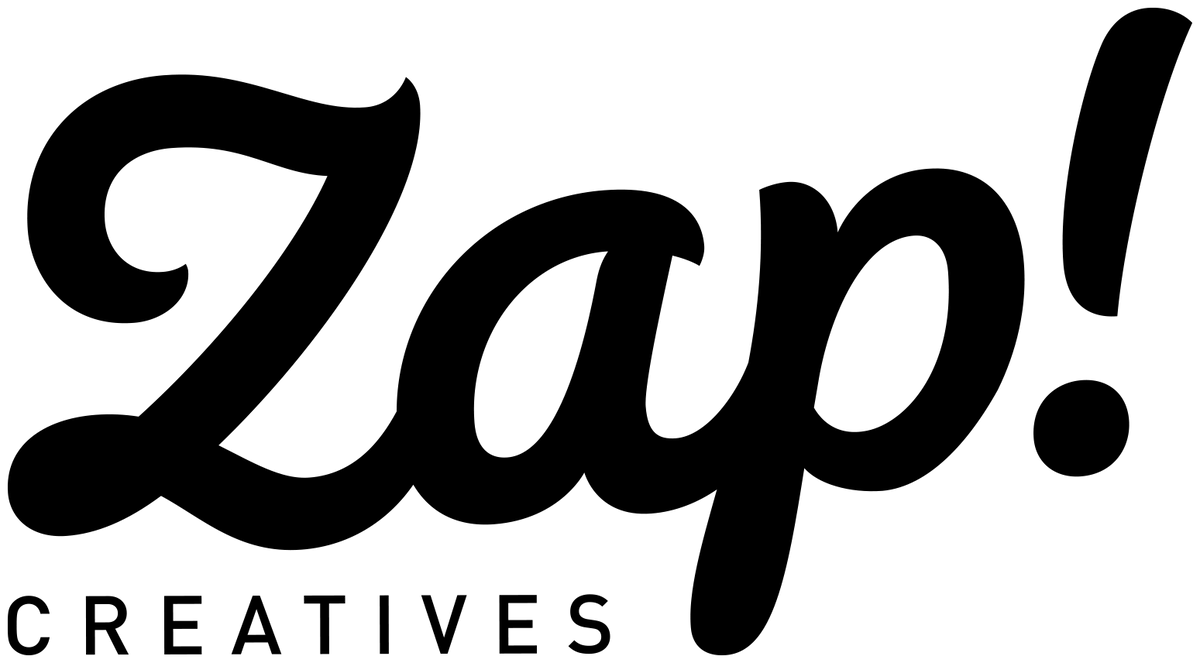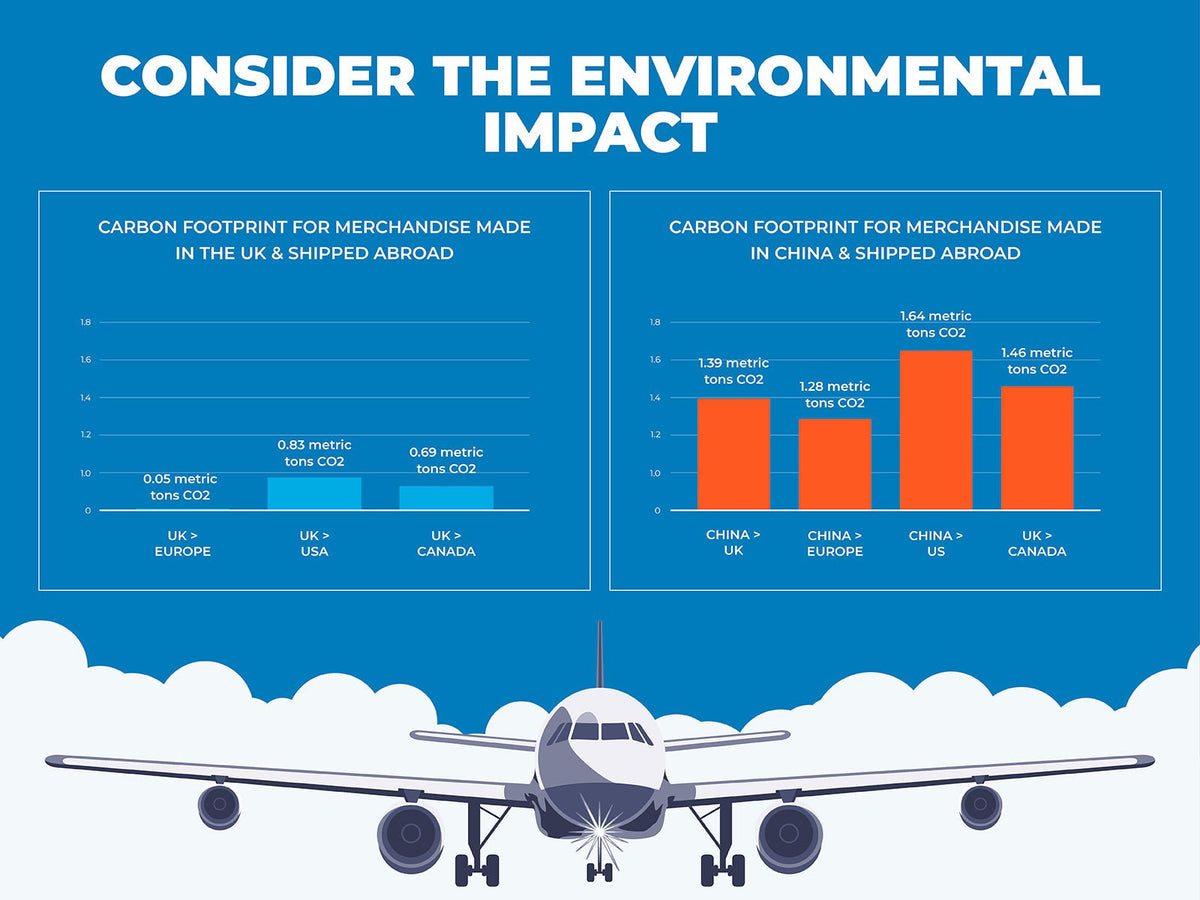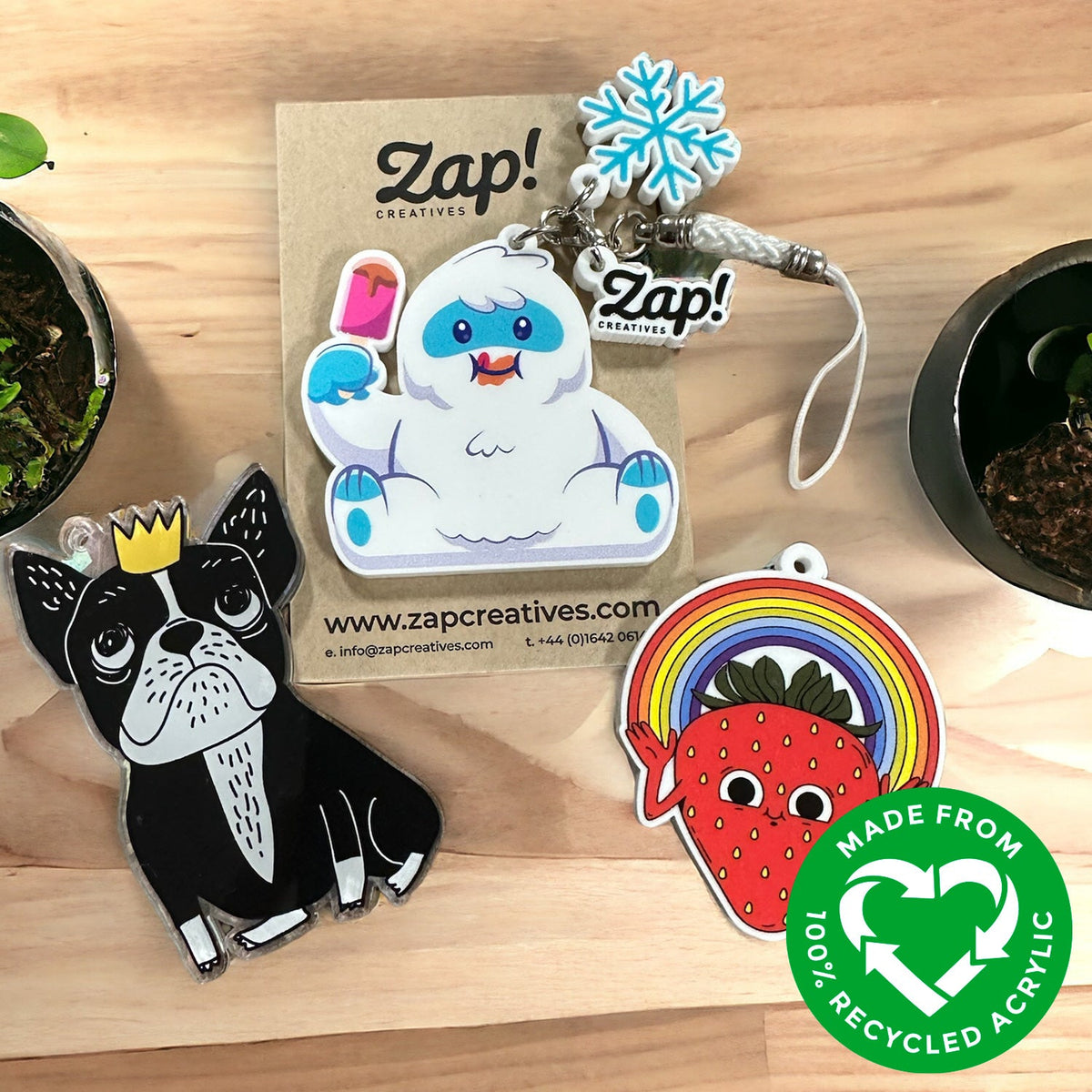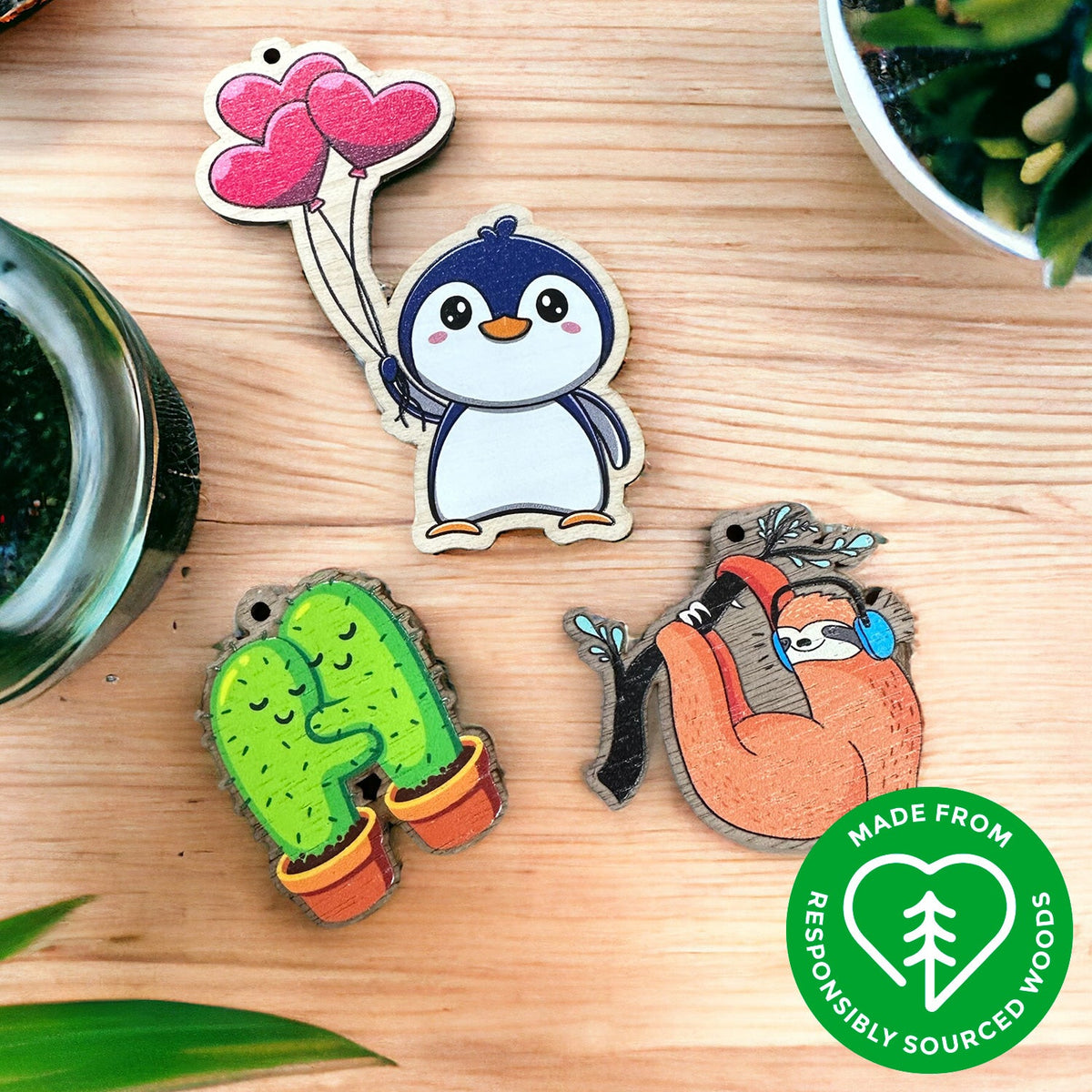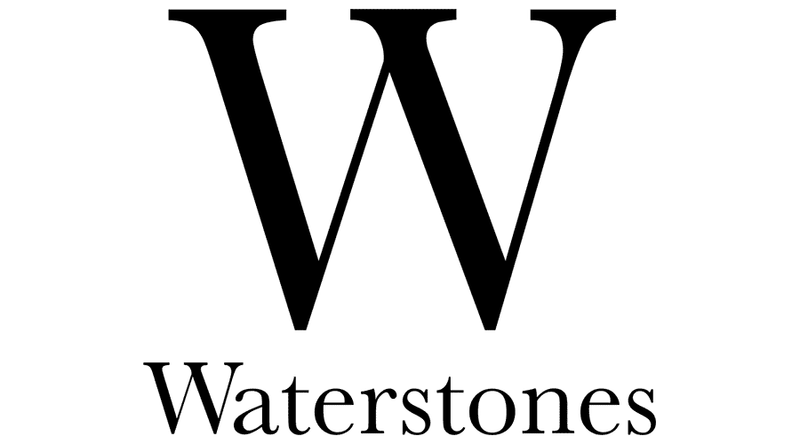Contents
- Glossary of Terms
- What is the GPSR?
-
What you need to do
- EU Companies
- Non-EU Companies
- What are we doing?
-
Authorised Representatives
- Selling Business to Business (B2B)
- Selling Business to Consumer (B2C)
- Associated Costs
- Directory of Authorised Representatives (Coming soon).
- Safety Data Sheets & Product Testing
- Labelling and Information
1. Glossary of Terms
GPSR
The GPSR or General Product Safety Regulation is the new European legislation to ensure the safety of consumer products sold within the EU.
Manufacturer
In the context of the General Product Safety Regulation (GPSR), a manufacturer is a person or company that designs, produces, or assembles a product to be sold.
A manufacturer is responsible for ensuring that the product is safe, complies with all relevant regulations, and comes with clear instructions and warnings. If the product poses a risk, the manufacturer must take steps to fix the issue, such as modifying the design, issuing warnings, or recalling the product.
If a company imports or significantly modifies a product or parts made by someone else, they are considered to be the manufacturer under GPSR.
Essentially, the manufacturer is the party accountable for the product’s safety and compliance.
Authorised Representative
EU regulations, including GPSR, require that any product sold within the EU has a local (EU based) representative to ensure accountability and compliance. This can be a company located within the EU, an EU based importer or distributer willing to take responsibility, or a third-party service provider, specialising in acting as an Authorised Representative for non-EU manufacturers.
Consumer
In the context of the General Product Safety Regulation (GPSR), a consumer is anyone who buys, uses, or receives a product for their personal use, not for business purposes.
A consumer is the end user of the product, meaning they are not purchasing it to resell or use it in a business setting. For example, if you buy a pin badge for yourself or your family, to wear on your bag or jacket, you're a consumer. However, if you buy multiple pin badges or the components to build pin badges in order to sell them in your store, you're not considered a consumer under GPSR.
Consumers rely on manufacturers, importers, and sellers to ensure that the products they purchase are safe to use and meet all safety standards.
Business to Business (B2B)
B2B stands for Business-to-Business. It refers to transactions, interactions, or relationships between two businesses, rather than between a business and individual consumers.
In the context of the General Product Safety Regulation (GPSR), B2B typically involves one business selling products, services, or materials to another business for further use, resale, or incorporating into other products.
Business to Consumer (B2C)
B2C stands for Business-to-Consumer. It refers to transactions where a business sells products or services directly to individual consumers for personal use, rather than for resale or business purposes.
2. What is the GPSR?
The General Product Safety Regulation (GPSR) ensures all products sold in the EU are safe for consumers. It applies to manufacturers, importers, and distributors, requiring them to assess risks, provide clear instructions, and ensure product traceability. Businesses must act quickly to address unsafe products, including recalls. GPSR protects consumers, builds trust, and ensures only reliable, compliant products are available in the EU.
3. What do you need to do?
EU Companies
To be compliant with the General Product Safety Regulation (GPSR) and related EU safety legislation, companies operating within the EU need to take specific actions to ensure their products meet safety standards and obligations.
Here’s an easy-to-understand breakdown of what EU companies must do:
a. Ensure Product Safety
EU companies must ensure all products they sell or distribute are safe for consumers. This includes:
- Designing and manufacturing products that meet safety standards.
- Conducting regular risk assessments to identify potential hazards.
- Ensuring products are free from defects that could harm users when used as intended.
b. Labelling and Information
Ensure your products include:
- Clear instructions for safe use in the language(s) of the target market.
- Warnings about any potential risks.
- The company’s name, address, and contact details for traceability.
c. Documentation & Traceability
Maintain records to ensure traceability throughout the supply chain, including:
- Product design and safety assessments.
- Technical documentation (Safety data sheets, test reports).
- Information about suppliers and product batches.
This documentation should be available for inspection by EU authorities if requested.
d. Monitoring and Corrective Actions
Set up systems to monitor product safety once items are on the market. This involves:
- Collecting and acting on customer feedback or complaints.
- Addressing any safety issues quickly (e.g., issuing warnings or recalls).
- Informing customers about risks or unsafe products.
e. Supply Chain Responsibility
EU companies must ensure their suppliers and partners also comply with regulations by:
- Sourcing products only from compliant manufacturers.
- Verifying that imported products meet EU standards.
- Having clear agreements with suppliers to maintain compliance.
By following these steps, EU companies can ensure compliance with GPSR and build trust with both regulators and customers. Non-compliance could lead to fines, product recalls, or even bans from selling in the EU market, so staying informed and proactive is essential.
Non-EU Companies
To be compliant with the General Product Safety Regulation (GPSR) and related EU safety legislation, companies operating from outside of the EU need to take specific actions to ensure their products meet compliance requirements to legally sell products within the EU market:
Here’s an easy-to-understand breakdown of what non-EU companies must do:
a) Appoint an Authorised Representative in the EU
Non-EU companies must designate an Authorised Representative within the EU.
This can be a company (one of your stockists) located within the EU, an EU based importer or distributer willing to take responsibility, or a third-party service provider specialising in acting as an Authorised Representative for non-EU manufacturers.
This person or entity acts as the point of contact for market surveillance authorities and is responsible for ensuring compliance. The Authorised Representatives duties include:
- Holding and maintaining access to technical documentation.
- Cooperating with authorities during inspections or safety investigations.
- Managing recalls or corrective actions if needed.
The Authorised Representatives name and contact details must be clearly displayed on the product, packaging, or accompanying documentation.
b) Ensure Product Safety
Non-EU companies are responsible for ensuring their products meet EU safety standards. This includes:
- Designing and manufacturing products to comply with EU safety requirements.
- Conducting risk assessments to identify and mitigate potential hazards.
- Ensuring the product is free from defects and safe when used as intended or reasonably foreseeable.
c) Labelling and Information
Products sold in the EU must include clear and compliant labelling, including:
- The manufacturer’s name, registered address, and contact details.
- The name and contact details of the Authorised Responsible Person (if applicable).
- Usage instructions, warnings, and safety information in the official language(s) of the target EU country.
d) Documentation and Traceability
Create and maintain a technical file for each product, which includes:
- Product design and manufacturing details.
- Technical documentation (Safety data sheets, test reports).
- Risk assessments and declarations of conformity.
This documentation must be readily available to authorities for inspection via the authorised representative or the importer.
e) Monitoring and Corrective Actions
Set up systems to monitor product safety once items are on the market. This involves:
- Collecting and acting on customer feedback or complaints.
- Addressing any safety issues quickly (e.g., issuing warnings or recalls).
- Informing customers about risks or unsafe products.
4. What are we doing?
We understand that the introduction of the General Product Safety Regulation (GPSR) is creating new challenges for our customers. Navigating these regulations can feel overwhelming, and we recognise the additional pressure this puts on your time and resources. That’s why we’re committed to helping ease this burden and ensuring you have the tools and information needed to remain compliant and successful.
Here’s how we’re helping…
a. Supplying Essential Safety Documentation
To simplify compliance, we’re providing Safety Data Sheets and Product Test Reports, which are available upon request to our past and present customers. This ensures you have the critical safety information and proof of product compliance you need.
b. Breaking Down the Regulations
We know that regulations can often feel complex. Which is why we’ve highlighted the key areas of compliancy in this text.
c. Keeping You Informed
Staying up to date is crucial, and we’re here to keep you informed about any updates or changes to GPSR legislation.
d. Supporting Non-EU Customers with Authorised Representatives
For our non-EU customers, we’re creating a directory of reliable Authorised Representatives within the EU. This will make it easier for you to find trusted professionals who can help you meet GPSR requirements and act as your point of contact in the EU. Please bear with us while we gather this information.
e. Labelling and Information
To help simplify compliance with the new regulations, we’re creating a selection of customisable information labels for your products. These labels are designed to meet key GPSR requirements, ensuring your products include all necessary safety information, usage instructions, and contact details.
By using these pre-designed templates, you can save time and focus on other aspects of your business while ensuring your products remain compliant with ease. Please bear with us while we gather this information.
5. Authorised Representatives
After speaking with our customers about the new GPSR regulations, one of the most concerning aspects for many has been the requirement to appoint an Authorised Representative, particularly the costs associated with this requirement, and we’d like to clarify some of the uncertainties around this topic as there are some differences depending on whether you are selling on a B2B or B2C basis.
Selling Business to Business (B2B)
EU Businesses
If you are a manufacturing company based in the European Union, you are the responsible person / Authorised Representative, because you are the manufacturer (see Glossary of Terms for more information).
If you are a business based in the European Union and you’re having products manufactured outside of the EU, in our case the UK, and these products are manufactured specifically for your brand or your design, then you are still the ‘manufacturer’ and you are the responsible person / Authorised Representative.
We only sell to the EU on a B2B basis, so by purchasing from our website you are confirming that you are a business based in the EU, and are therefore the responsible person / Authorised Representative.
Non-EU Businesses (UK, US, etc.)
If you are a non-EU company selling to an EU business (NOT direct to a consumer), then that EU company becomes your Responsible Person / Authorised Representative based inside the EU.
For example, you are a business based here in the UK, and you are selling to a business, let’s say a retail chain based in Germany and they are then distributing across the EU, they would be the Responsible Person / Authorised Representative, as they would be the importer.
Selling Business to Consumer (B2C)
EU Businesses
If you are a business based in the European Union and you’re having products manufactured outside of the EU, in this case the UK, and these products are manufactured specifically for your brand or your design, you are the ‘manufacturer’ and you are the Responsible Person / Authorised Representative for these products.
Non-EU Businesses (UK, US, etc.)
If you are a business based outside of the EU and you are selling your products direct to consumers within the EU, you will need to appoint an Authorised Representative to act as the point of contact for market surveillance authorities on your behalf.
Associated Costs
Obviously, there are cost implications associated with appointing an Authorised Representative within the EU, and it's important for you to assess whether this is the right decision for your business.
You’ll need to evaluate your current EU sales and weigh them against the costs of appointing an EU Authorised Representative. Based on this, you can determine whether continuing trade with the EU is viable or if it may be more cost-effective to cease trading in the region. This decision will ultimately depend on the scale and profitability of your EU operations.
We are currently in communication with several EU-based Authorised Representatives to secure their inclusion in this document. We hope they will offer discounted rates for our customers in exchange for the visibility and potential additional business this partnership could bring. Stay tuned for updates on their availability and pricing details.
6. Safety Data Sheets and Product Testing
To support your compliance with GPSR requirements, we provide Safety Data Sheets (SDS) and Product Testing Certificates for all our products. These documents are available upon request to all past and present customers.
If you need these materials, simply provide a valid order number, and we’ll supply the relevant documentation to assist you in meeting your safety obligations.
7. Labelling and Information
Product labelling is a key aspect of GPSR compliance, and we’re here to make it easier for you. We are currently developing a range of customisable stickers and labels to help you label your products quickly and efficiently.
Our labels will include:
-
Product identification (e.g., product name, model, batch, or serial number).
-
Manufacturer or importer details (name, address, and contact information).
-
Usage instructions to ensure safe use of the product.
-
Warning symbols or statements for potential risks.
-
Compliance information (e.g., CE marking, where applicable).
-
Traceability information to support recalls or inspections.
These labels will be designed to save you time and ensure that your products meet the labelling requirements set out by GPSR. Stay tuned for updates on availability!
